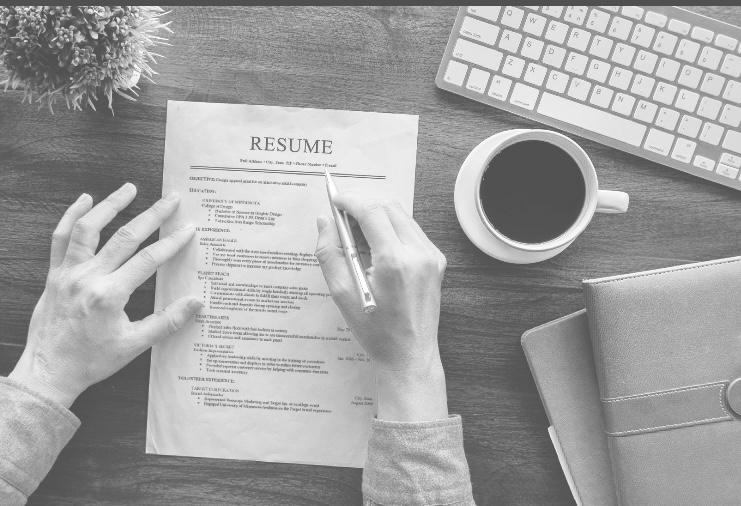“Resumes” (UK equivalent of a CV) are commonly used in countries that follow the American business model, including:
1. United States
2. Canada
3. Australia
4. New Zealand
5. Hong Kong
6. Singapore
7. Philippines
8. South Africa
9. India
The format and style of legal resumes may vary slightly from country to country depending on cultural and employment practices, however the content is what will help you stand out from the crowd – which is where I come in.
To clarify, a legal resume is a concise summary of a person’s work experience and education, typically limited to one or two pages. It is more commonly used in business and industry, and is tailored to showcase the most relevant skills and experiences for a specific job.
Generally speaking, a legal resume should try to include the following information:
1. Contact Information: Your name, address, phone number, and email address. You can also include a link to your LinkedIn profile.
2. Objective or Summary Statement: A brief yet sharp and compelling statement that summarises your experience and career goals.
3. Education: Your law degree and any other relevant degrees should be listed, including the name of the institution, the date of graduation, and your GPA if it is 3.0 or higher.
4. Legal Experience: Your legal work experience can be separated from other roles or “Other Employment” to highlight this to the reader and should be listed in reverse chronological order, including the name of the firm or organisation, your job title, and the dates of your employment. Provide a brief description of your duties and importantly, accomplishments in each position where possible.
5. Bar Admissions: List the states in which you are licensed to practice law and the date of admission.
6. Professional Memberships: List any professional organisation you belong to, including the name of the organisation and your membership status.
7. Key Skills or Core Competencies : List any skills that are relevant to the legal profession, such as research skills, writing skills, and litigation experience.
8. References: Include at least two professional references, including their name, job title, and contact information.
There are other headers or sections that can be added according to your circumstances, such as Positions of Responsibility, Awards and Achievements or Extracurricular Activities.
It’s important to tailor your legal resume to the specific job you are applying for and highlight your relevant experience and skills.
On the other hand, a CV (Curriculum Vitae) in such countries is a detailed document that outlines a person’s entire academic and professional history, including education, work experience, research, awards, and publications. It is typically used in academic and scientific fields, or when applying for positions that require a high level of expertise and specialisation.
If you are an aspiring or experienced legal professional and need help with your legal resume – please do get in touch. I have written legal resumes for lawyers, law school graduates and career changers from all over including New York, the Philippines, the Bahamas and Israel.


0 Comments